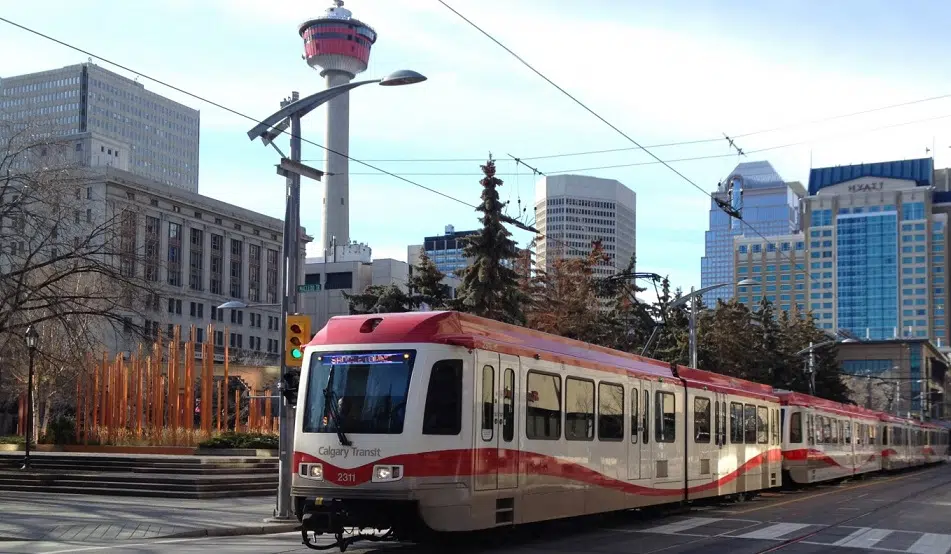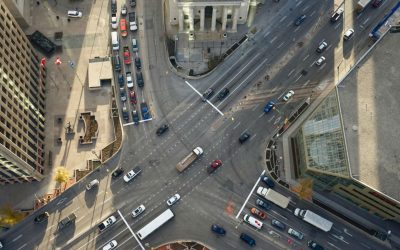The leader of the Flemish separatist party won Sunday's mayoral election in Antwerp, Belgium's second-largest city, and Bart De Wever used his victory to call for the government to go further toward splitting the country.
Political tensions run high in Belgium, a federal state consisting of Dutch-speaking Flanders, French-speaking Wallonia and the bilingual Brussels-capital region.
The previous general election, in 2010, led to an 18-month political crisis before a government was formed.
"Your government does not have the support of Flanders," Mr. De Wever said in a speech in Antwerp that was broadcast nationwide, calling on French-speaking socialist Prime Minister Elio Di Rupo and the French-speaking parties to "take responsibility" and negotiate another state overhaul to give more independence to the regions. "We've reached a point in history where there's no going back."
Mr. De Wever's Nieuw-Vlaamse Alliantie party won the most votes in more-populous Flanders in 2010, but ended up in opposition to Mr. Di Rupo's six-party coalition.
Its stated aim is an independent Flemish republic, but in the short term, it wants state measures to end fiscal transfers to poorer Wallonia.
The victory and Mr. De Wever's strong rhetoric may once again raise questions again about the coherence of the Belgian government.
Last year, interest rates on Belgian government bonds rose significantly, but declined sharply after the government was formed and introduced a new budget.
Mr. Di Rupo played down Mr. De Wever's comments. "We don't need an adventure, we need stability now," he told broadcasters in a televised news conference in the city of Mons, where he was re-elected as mayor.
"2014 is 2014 and this is 2012," he said, referring to the 2014 date for the next general election.
More than 50,000 candidates stood in the local elections, to pick mayors and councilors for the country's 589 administrative districts, known as communes.
Mr. De Wever will be the first nonsocialist mayor of Antwerp since World War II.
He said his victory is the "end of an era" and a sign that Flanders is eager for change at a federal level.
The N-VA had 36.8% of the vote in Antwerp at 8 p.m. local time.
"All eyes are on Antwerp," said Pascal Delwit, a political scientist at the Free University of Brussels, speaking before the results were announced. "The political situation in Belgium is fragile…there's a real tension."
In Waterloo, a town a few miles from Flanders in Wallonia, voters said Belgium should stay united.
"I hope the country won't split. It would mean a huge mess," said Dominique Gérard, who works at the computer department of a local hospital. "It is dumb to seek to split the country based on problems of languages, which are minor compared to real problems like crime, housing and poverty."


